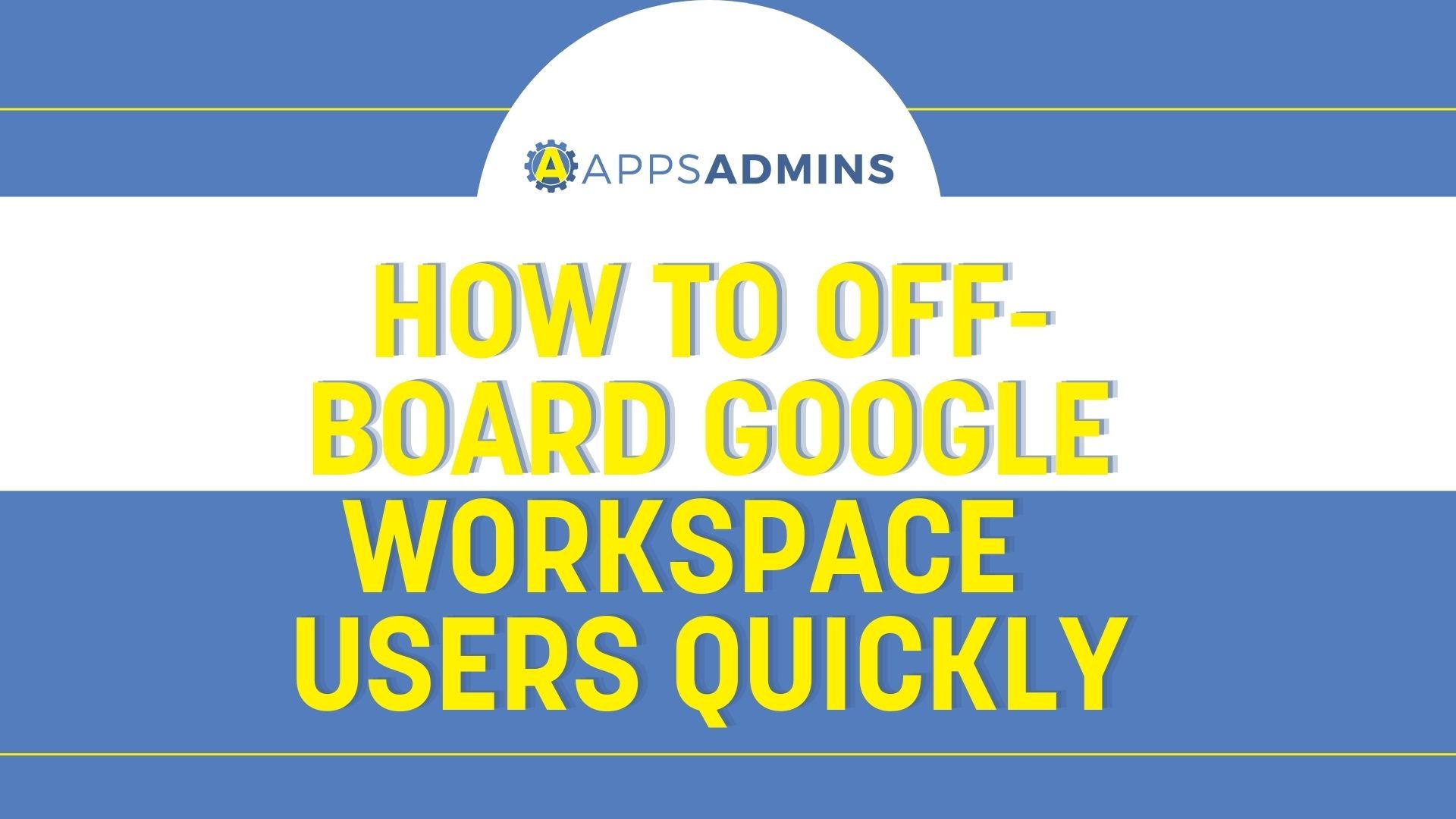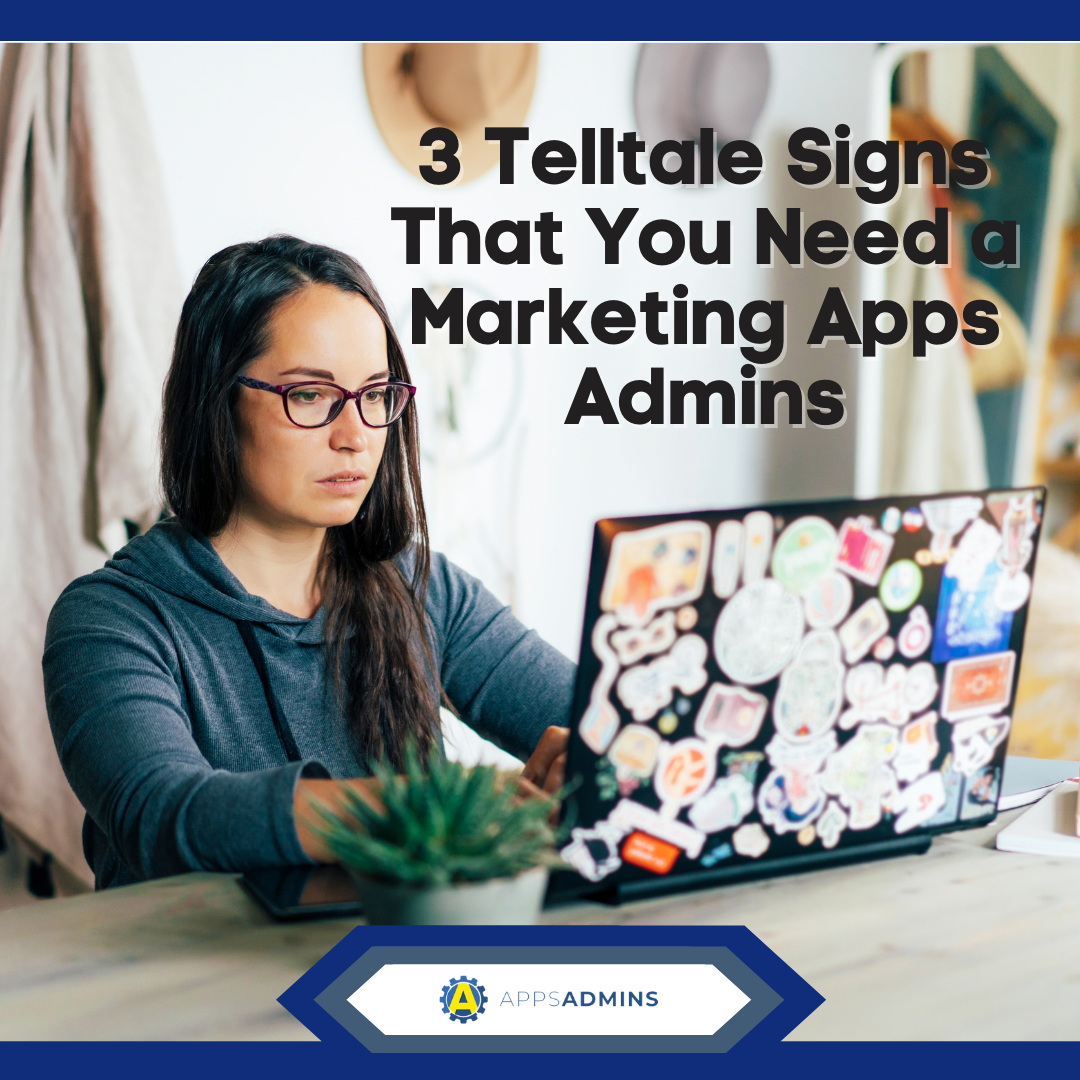G Suite Business Free for 30 Days
Sign up for a Free 30 Day Trial of G Suite Business and get Free Admin support from Google Certified Deployment Specialists.

Google Apps are providing some interesting conversations around the water cooler, particularly in the area of what Apps Admin can see when they go into your account. Asking any employee of your business to completely trust a stranger with confidential data is a greater leap of faith than most professionals are eager to take.
Email accounts and documents have been under the control of IT or upper level managers in the past, so rather than being a new concept, it is more similar to being a practice that has had little attention up till now.
The various levels of apps admin for a company of 50 or more employees are complex. It makes sense to share responsibilities without overloading any one person or position. At the same time, management has to determine whether or not the apps admin is qualified to keep data safe. Small to medium businesses have the same concern when they go to outside Google-authorized consultants and/or IT service providers.
Two important questions require a satisfactory answer before hiring an outside company to be the developer of your company's domain in the Google cloud:
1.Do you use Certified administrators? This is not a lightly-given award. Google recommends at least 6 months experience managing a Google Apps domain of at least 50 users before taking the exam for Google Apps Certified Administrator. Courses can be taken during that time to increase knowledge and skills. Some people may regard this as putting the cart before the horse, while others recognize the value of on-the-job training and the opportunity to learn the skills needed to earn recognition as Apps Admin. Company troubleshooting, user support, and managing email support and routes are just a few pieces to the puzzle that makes up a Super Admin!
2.Are you insured for Cloud Computing data breaches, omissions and errors? Data breach insurance is a must for any company working with client data on their servers. As hacking grows in numbers, so do the applications for this type of policy. Unauthorized access to, tampering with or use of data, as well as accidental or malicious loss of data or digital assets, happens daily. You have the right to ask about their insurance coverage for your own safety.
Google considers apps data to be a matter between the institution that applies for Apps and the individual users requesting the services. Google's privacy policy outlines when your data must be shared with others. Your domain administrator can authorize the support team to access and resolve problems.
If you or your staff wonder what an apps admin can see in your account: Google Apps Admins have the authority to access all end-user accounts and the associated data within their domain, including user names and passwords. Google requires a policy regarding user account accessibility be published to end-users so they are aware of the impact on their documents and other data.
Data is safer in your Google cloud domain than on local servers. There is a reasonable assurance about safety standards, including restricted access to productions systems and data. A network of storage systems houses different accounts. Even when your data runs on the same server as another customer, it is protected from unauthorized parties accessing the data.
Cloud storage from Google is set up to provide a great deal of flexibility to developers. Data control is included in that freedom, which opens the door for mistakes. Once data is deleted by an administrator, it cannot be undone. There are no "oops" instances allowed unless the developer takes steps ahead of time to prevent unintentional data loss by configuring object versioning in the buckets where items are stored. The advantage of working with certified administrators is their expertise and understanding of protocols to cover situations like this. Admin Apps have safeguards so deleted email messages can be recovered and non-email data recovery solutions are put in place.
.jpg?width=818&name=appsadmins-svg-rules-1%20(2).jpg)







